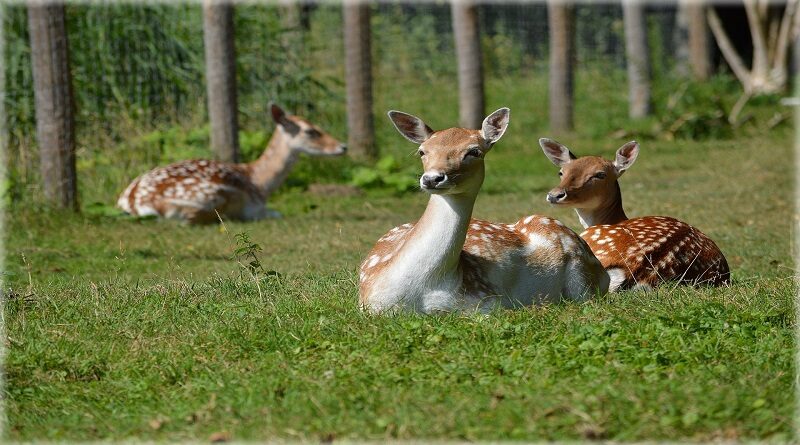Postgraduate courses in Zoology
We know quite a lot about animals and their habitats and some of the finer details of species of many different kinds. That is with much thanks to zoologists.
Zoologists play a large role in educating the public about animals, animal welfare and wildlife. I think most people will agree when we say that animal content is always welcomed and the best way to lift our spirits. We owe quite a lot of this to zoology.
If you have a love for animals and would love to work in a field that learns more about different species everyday then you have come to the right place!
What is zoology?
Zoology is the study of animals, their behaviour, their structure and their classification. It looks at the animal kingdom and many different aspects such as evolution, habits and distribution of animals both living and extinct and their interaction with their ecosystem.
What does a zoologist do?
As a zoologist you can expect to work around 40 hours or more weekly. Your work will mostly take place in a laboratory setting as well as taking part in strenuous field studies in primitive living conditions, sometimes for long periods of time. This is a role that requires quite a lot of passion for research. Gaining experience and good connection in the field is very important. Your general duties may include:
- Design and carry out different research projects
- Look at and study characteristics of different animals
- Write and documents papers, records, data and finding
- Analyze and interpret data
- Suggest and carry out different initiatives to add to animal welfare
- Teach and educate the public about animals, animal welfare and wildlife conservation
- Work with others such as zookeepers, vets etc
Courses
There are many courses on offer in the area across the UK. Some courses offer the opportunity to study either part time or full time. Universities may have certain restrictions in place due to Covid-19 and may offer courses online. There are courses available in this area across a number of colleges and are very similar. Courses include:
Animal Welfare Science, Ethics and Law
Postgraduate courses in animal welfare science, ethics and law aim to provide students with a knowledge of animals, their needs and the care involved with different animals. Topics of importance that are also looked at include responding to animal welfare related issues and legislation related issues. Skills in quantitative methods, sequence analysis, conservation biology, epidemiology and different practical approaches are also gained.
Animal Biology
Animal Biology postgraduate courses integrate animal behaviour with wider biology and are then applied to practical decision-making in the area. Modules at the core of these courses may include behavioural ecology in a changing world, animal welfare and ethics, contemporary issues in animal behaviour and conservation genetics. Particular course content may vary from course to course. This course looks at both practice and theory in its approach to helping students to understand key ethical dilemmas in this field.
Other related courses available include Animal Science, Equine Science, Wild Animal Biology, Wildlife Biology and Conservation and Animal Biosciences to name just a few.
Entry requirements
Entry requirements may differ from course to course or university to university. Therefore, it is important to research your specific course in detail to ensure you meet the entry requirements. As these courses are postgraduate courses, you will need a bachelor’s degree. Some courses may accept a 2.2 degree while others will require a 2.1 in a relevant subject.
Salary
There are a few different things that may have an effect on your salary. The main one is experience. As a zoologist with several years experience, you could earn between £20,000 to £30,000 and less starting out in the role. As you gain experience and move into senior roles as a zoologist or senior researcher you may earn in excess of £45,000. All figures are intended to be used as a guide only.
Skills and requirements
Skills and requirements helpful in this area include:
- Strong communication skills
- Strong observation skills
- Problem solver
- Critical thinker
- Ability to use technology
- Organisation skills
- A keen interest in the area
- A passion and love for animals
- An interest in continuously learning




